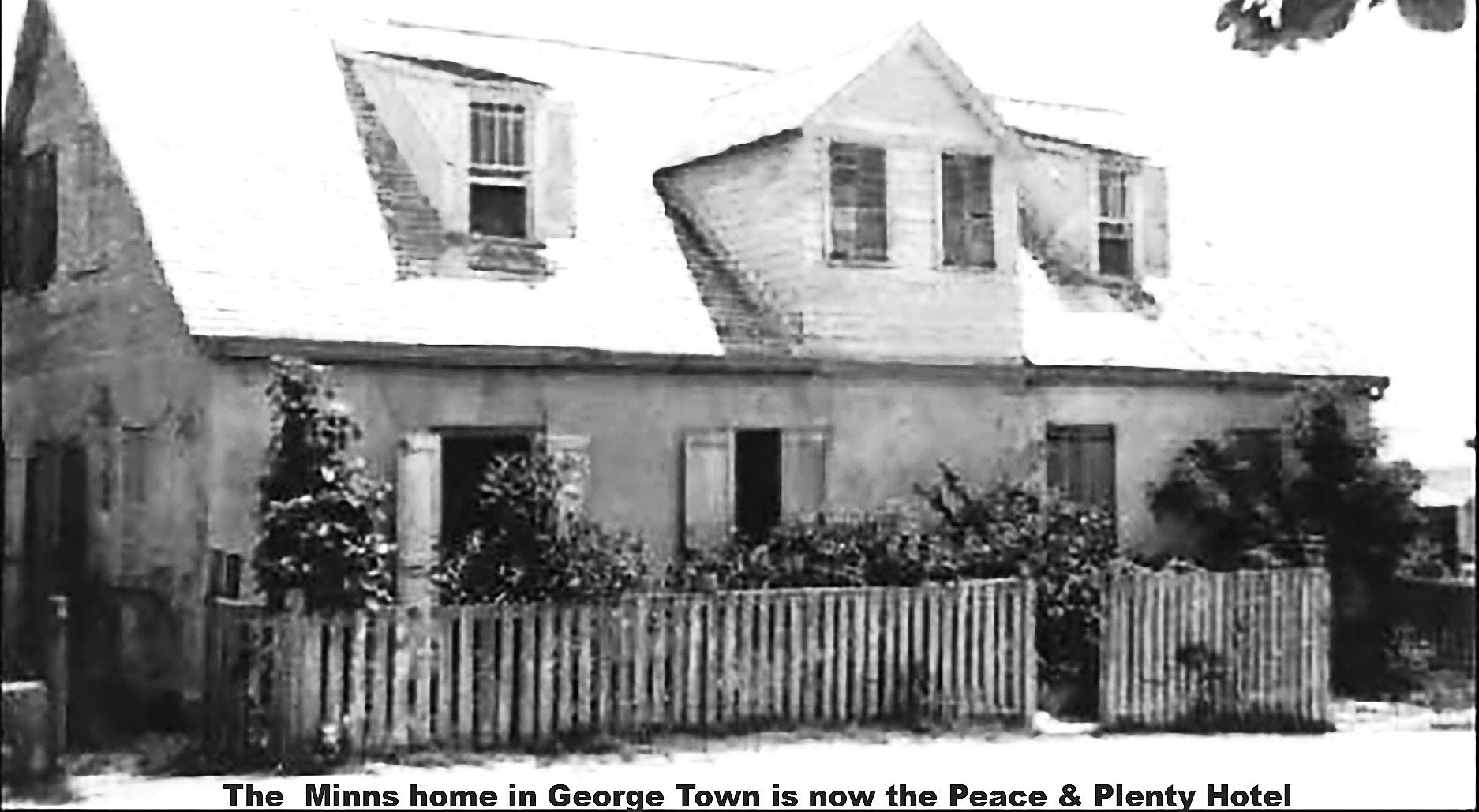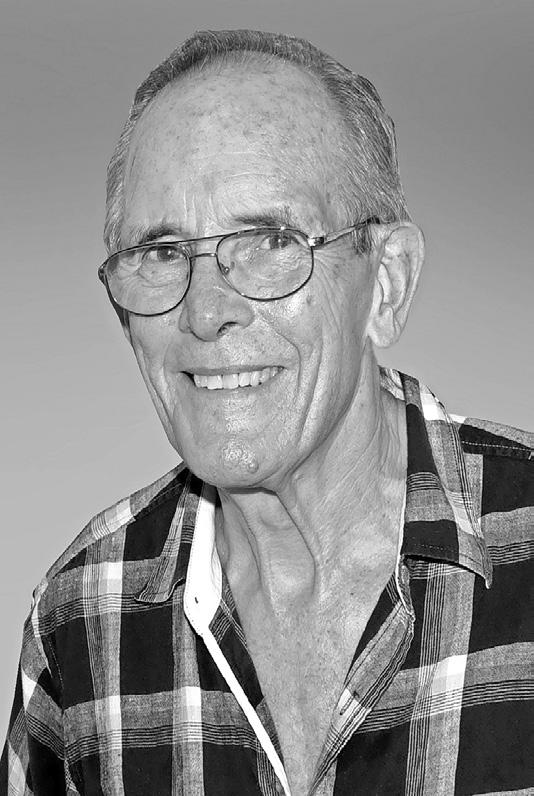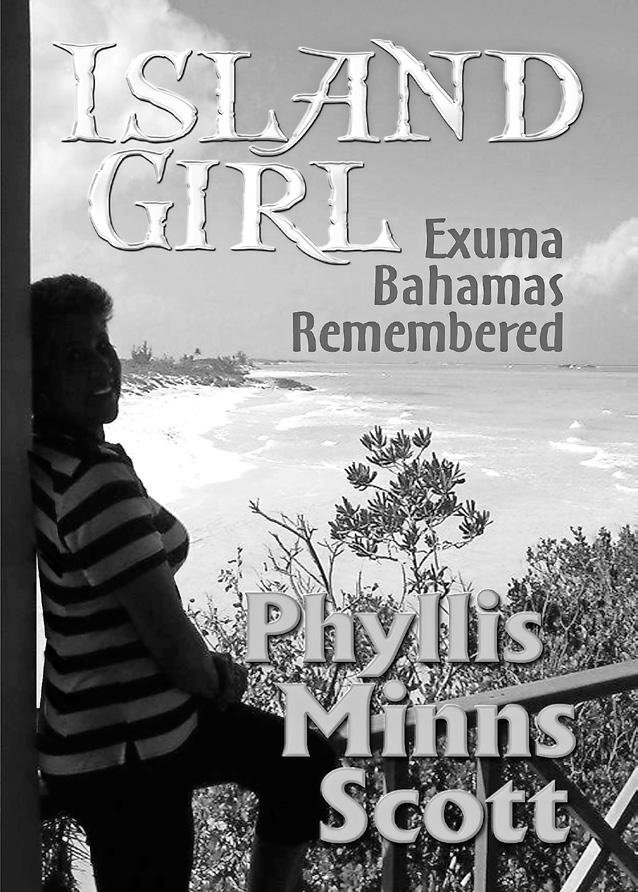
2 minute read
Forgotten Facts
from 09032021 WEEKEND
by tribune242
Island life of yesteryear
Iam beginning to enjoy my new bookcases and the total lack of order in which my books are lined up, because I keep seeing books that I haven’t opened in a long time. The latest one is ‘Island Girl – Exuma Bahamas Remembered’ (from 2014 by my late cousin Phyllis Minns Scott).
Advertisement
Here’s some of what she wrote about growing up in George Town, Exuma:
“The first seventeen years of my life were spent in George Town...I lived in peace and safety...having everything a child needed to be healthy and happy... We had none of the things that city children took for granted, like electricity, running water; just getting a bath was a job.
“Water had to be drawn up from the rainwater tank or, in the dry season, from the well. It had to be carried upstairs in buckets and, in the winter, some of it had to be heated on the stove, then taken upstairs and added to the bathtub.
“My sister (Eileen) and I took music lessons on our big upright pump organ... for lighting we used kerosene lamps...A woman came to do our wash. Washday was an all-day task. Water had to be brought up to fill three tubs, set up on a long, low bench... when well-water was used, something called washing soda was added, to act as a softener...the clothes were sorted and the whites were washed first, by scrubbing on a wooden scrub-board, using a washing soap called Octagon...once washed, they were wrung out by hand and put in the next tub, to be rinsed...then into the third tub, to be rinsed again...baby clothes were washed in Ivory Flakes... All of the table linen and most of our clothes had to be starched...the starch had to be prepared before the wash started...It came in dry lumps which had to be dissolved in cold water, then stirred into boiling water and cooked until clear. no lumps! Ironing was put off until the next day...a good fire was built and allowed to burn down, until it was just coals. Flat irons were then placed close to the coals, to heat up. When they got a soft, whitish look, you knew that they were hot. As each flat iron cooled, it would be put back onto the coals and another hot iron was taken. No modern conveniences, such as washing machines, dryers and electric irons.
Being on an Out Island made you use your head and learn how to cope with things.”

PAUL C ARANHA FORGOTTEN FACTS








